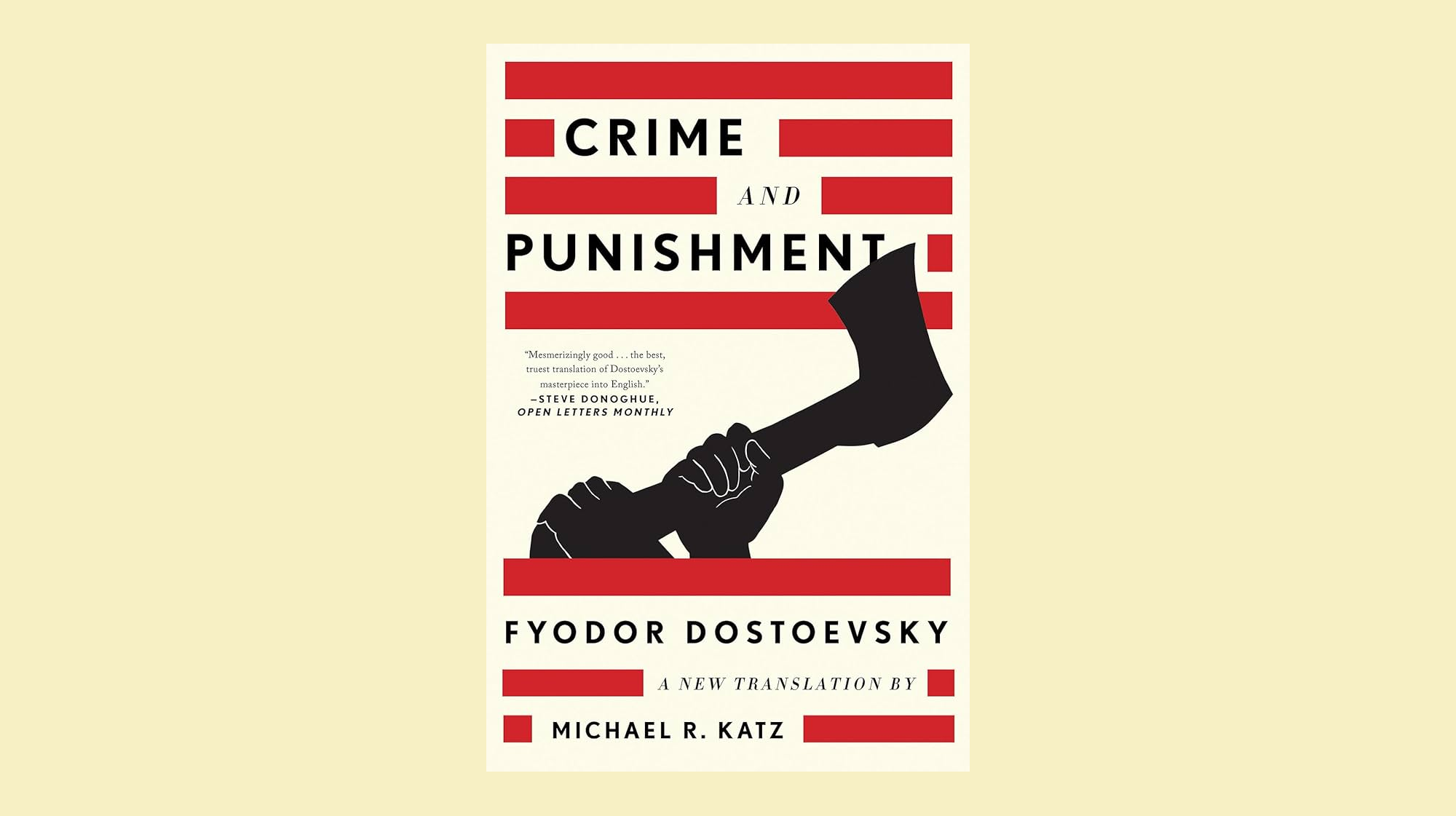Some novels unfold like puzzles, inviting the reader to solve a crime, uncover a motive, restore order. Fyodor Dostoevsky’s Crime and Punishment, first published in 1866, is not one of those novels. There is no mystery here. The crime arrives early, and the punishment is as psychological as it is judicial. What follows is not a whodunit, but a harrowing descent into the mind of a man who thinks himself above morality—and the long, feverish unraveling of that illusion. The man is Rodion Raskolnikov, a former student scraping by in the back alleys of St. Petersburg, intellectually arrogant and increasingly…

A Fever of the Soul: The Agony and Genius of Crime and Punishment
In today’s cultural climate—where questions of justice, guilt, alienation, and redemption swirl through headlines and feeds—Crime and Punishment remains uncannily relevant.
Product Reviews

AROMA Rice Cooker: The Set-It-and-Forget-It Kitchen Hero
February 12, 2026

These Hooks Turn Headrests into Instant Storage
February 6, 2026

The Subtle Charm of Pfaltzgraff’s Bella Dinnerware Set
January 23, 2026

Meet the Vacuum That Maps, Cleans, and Empties Itself
January 16, 2026

Why Everyone’s Replacing Their Old Shovel with This One
January 2, 2026






